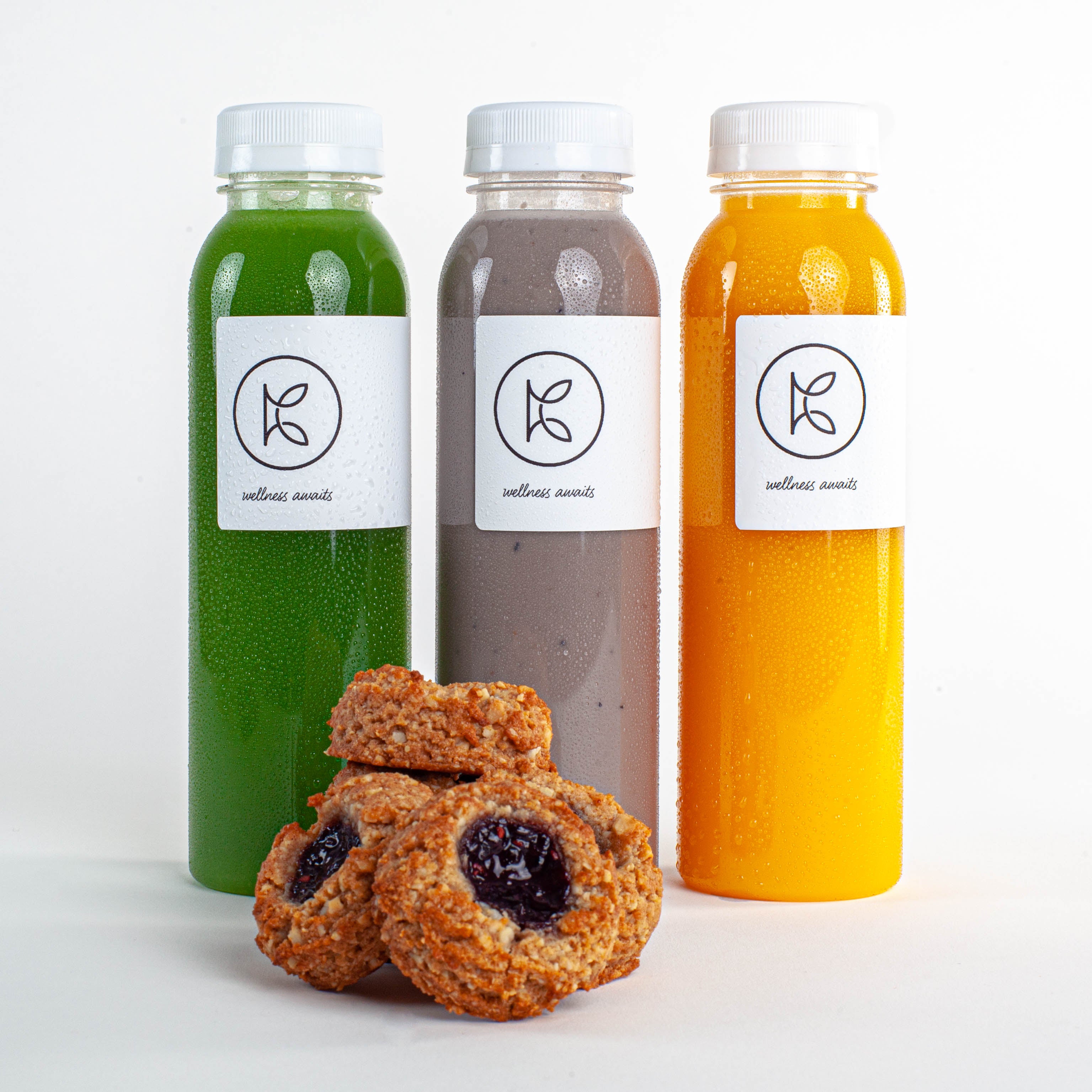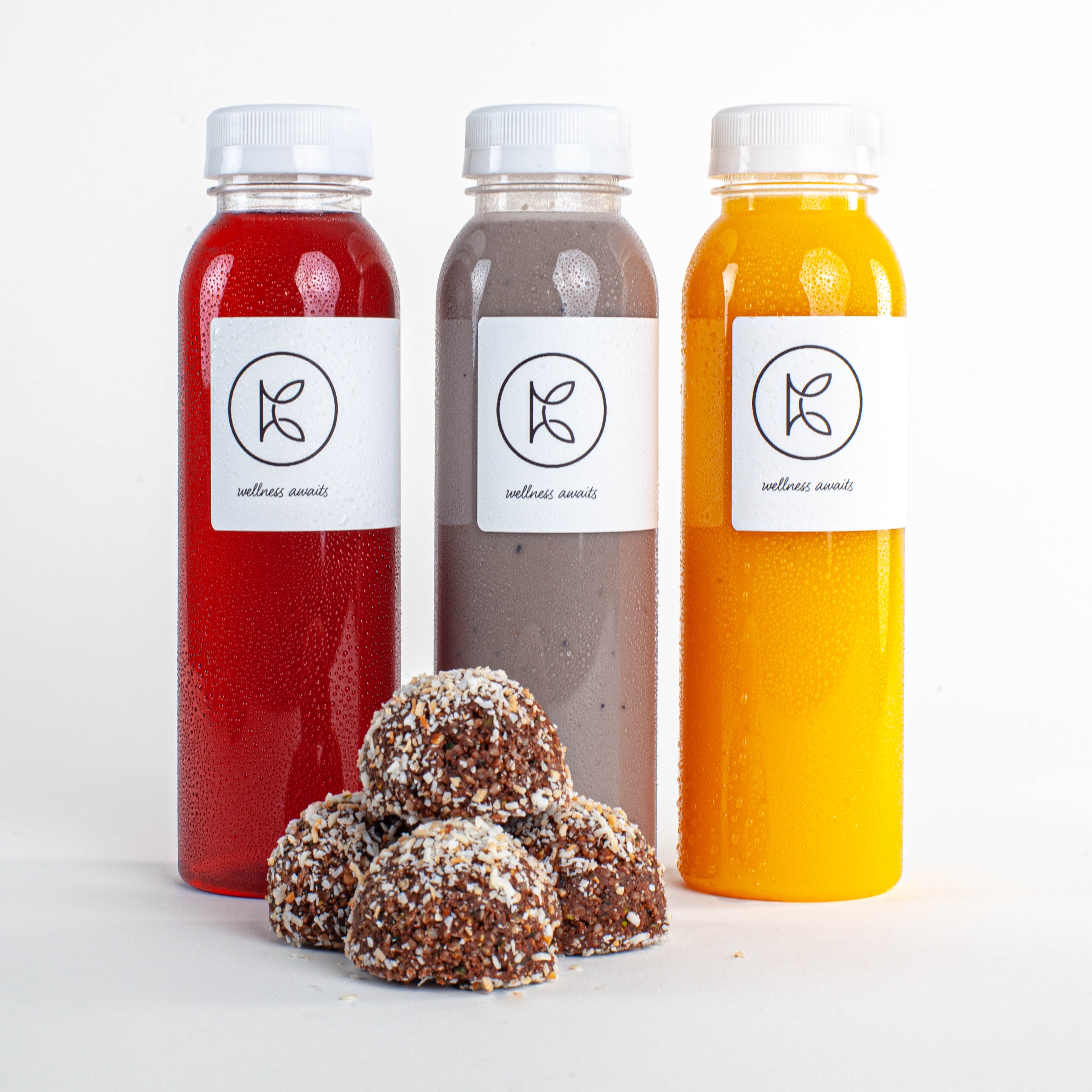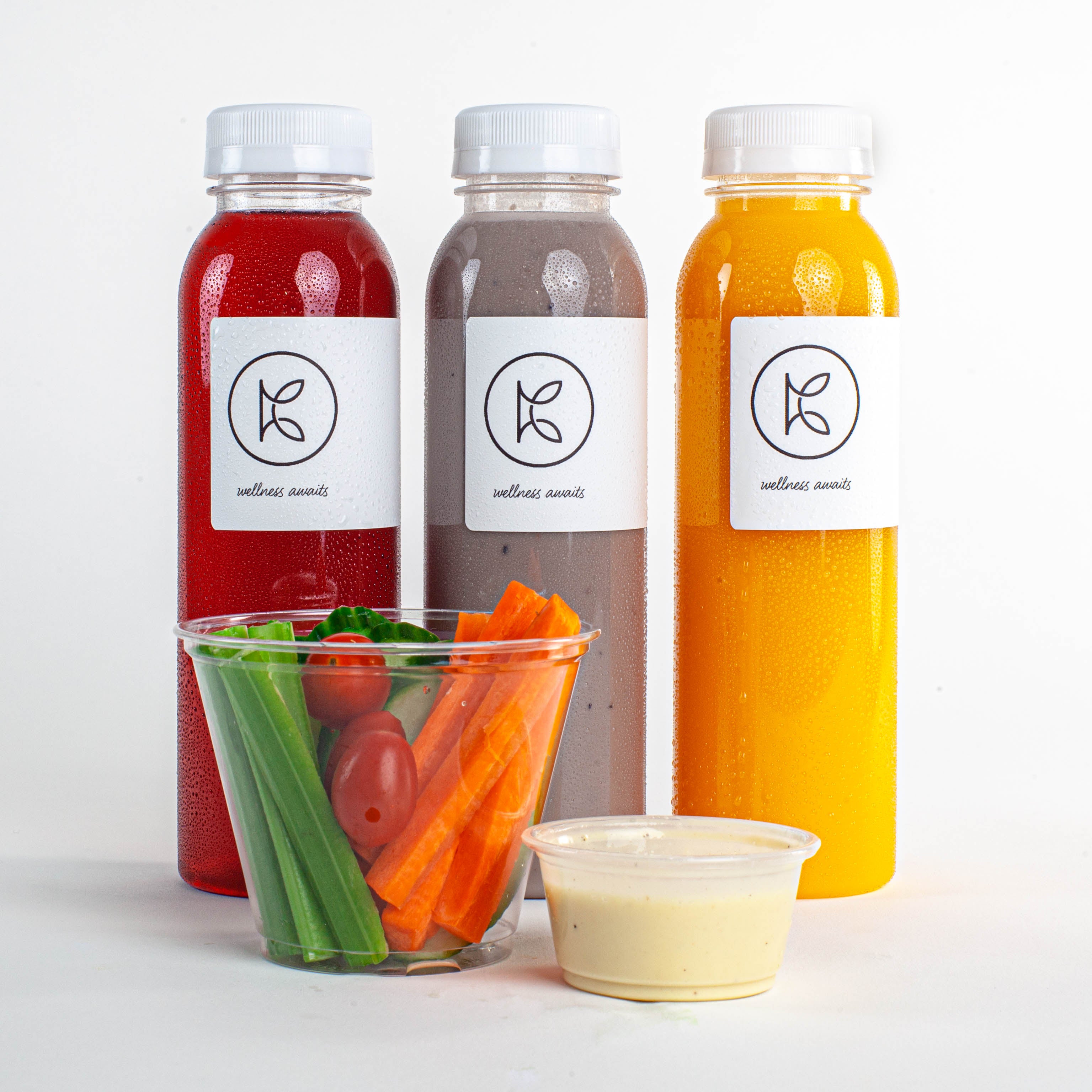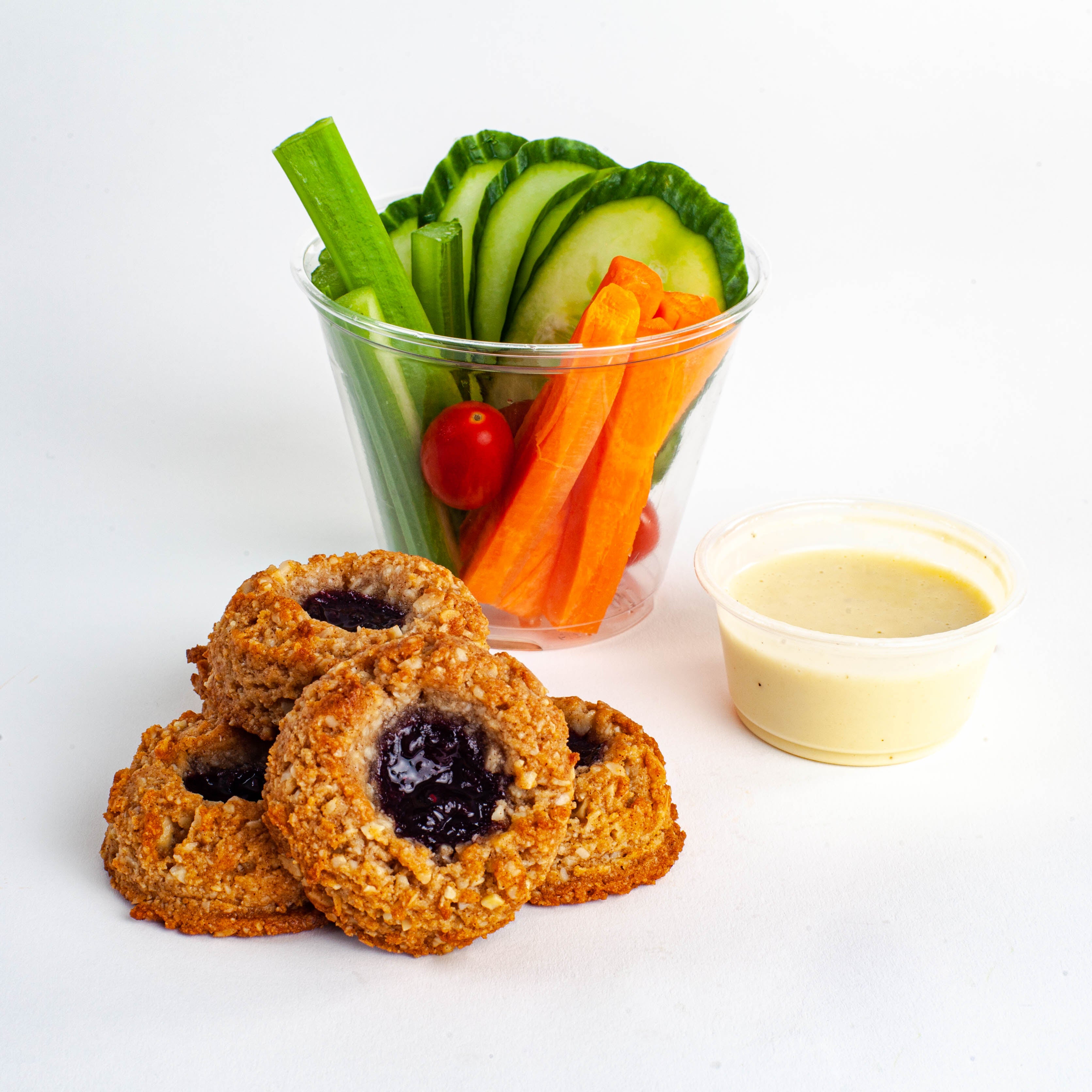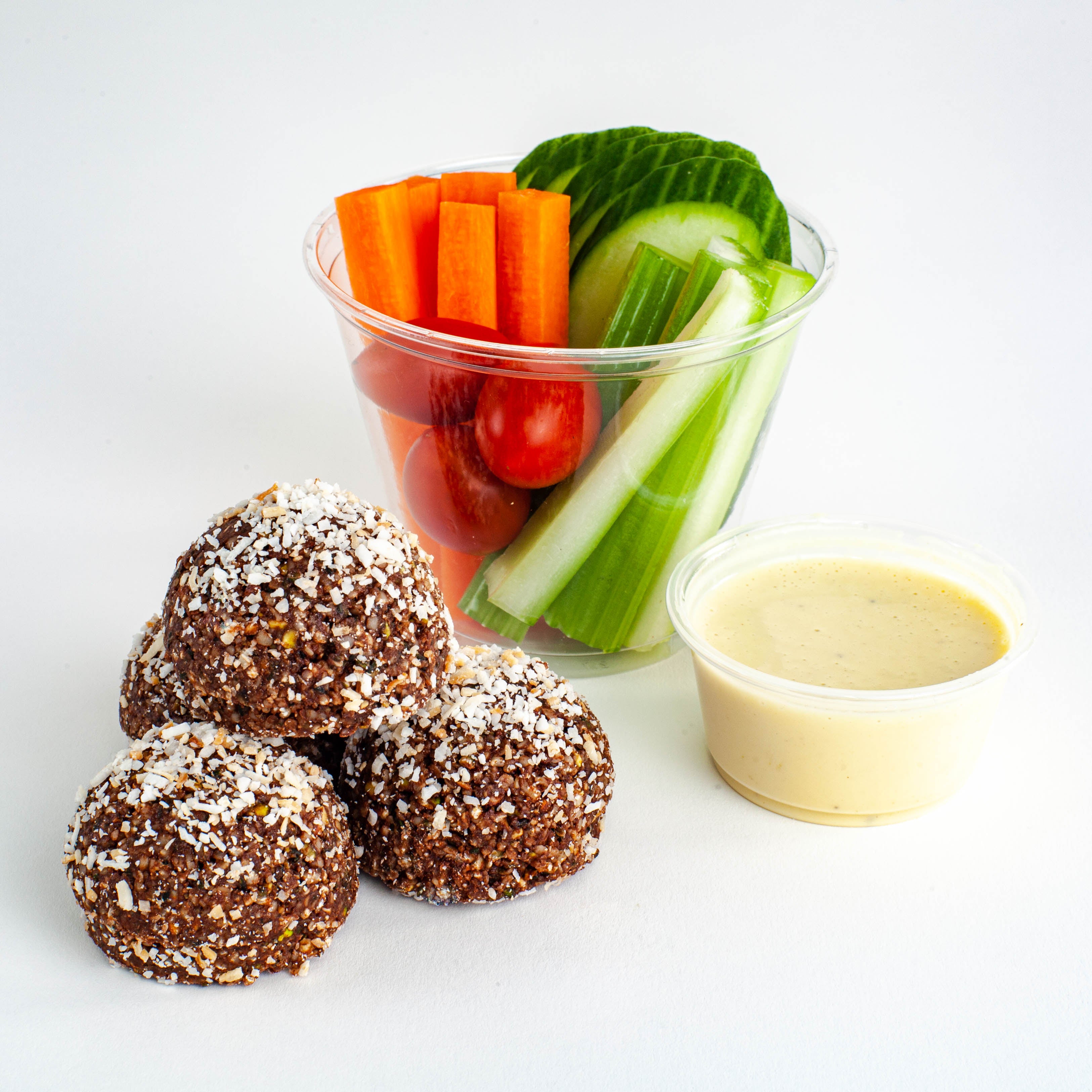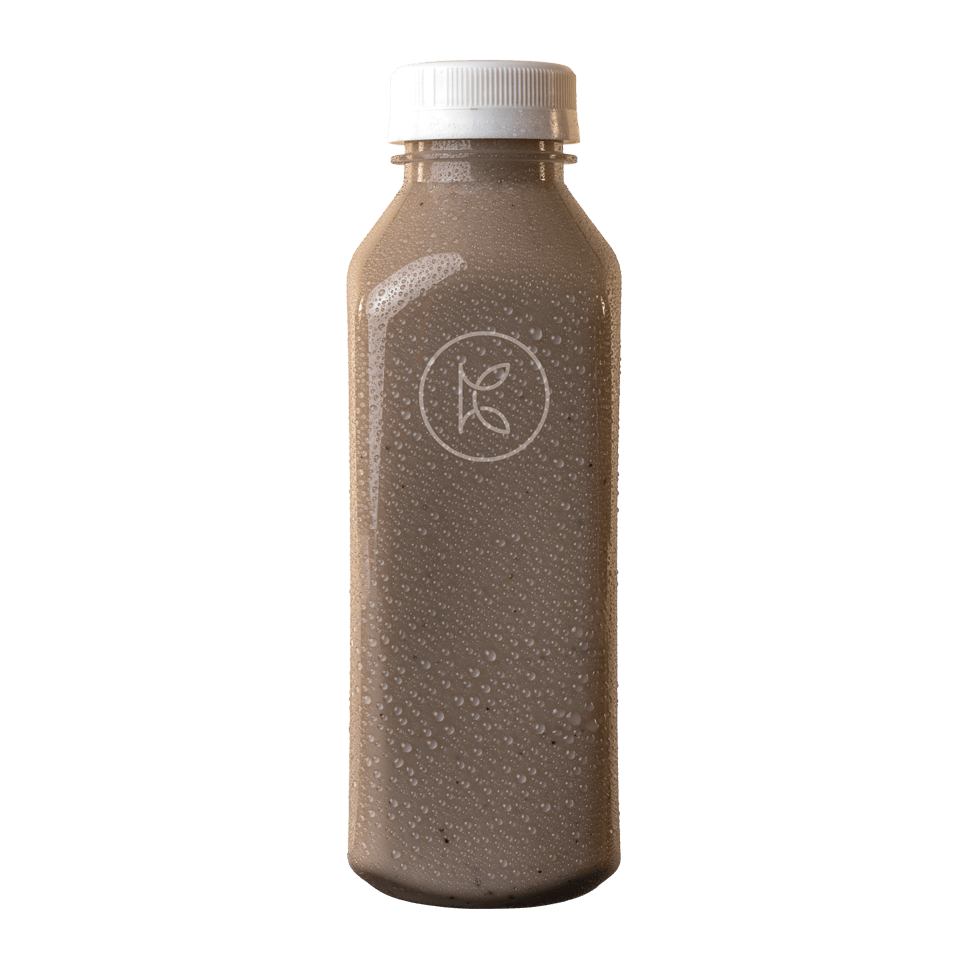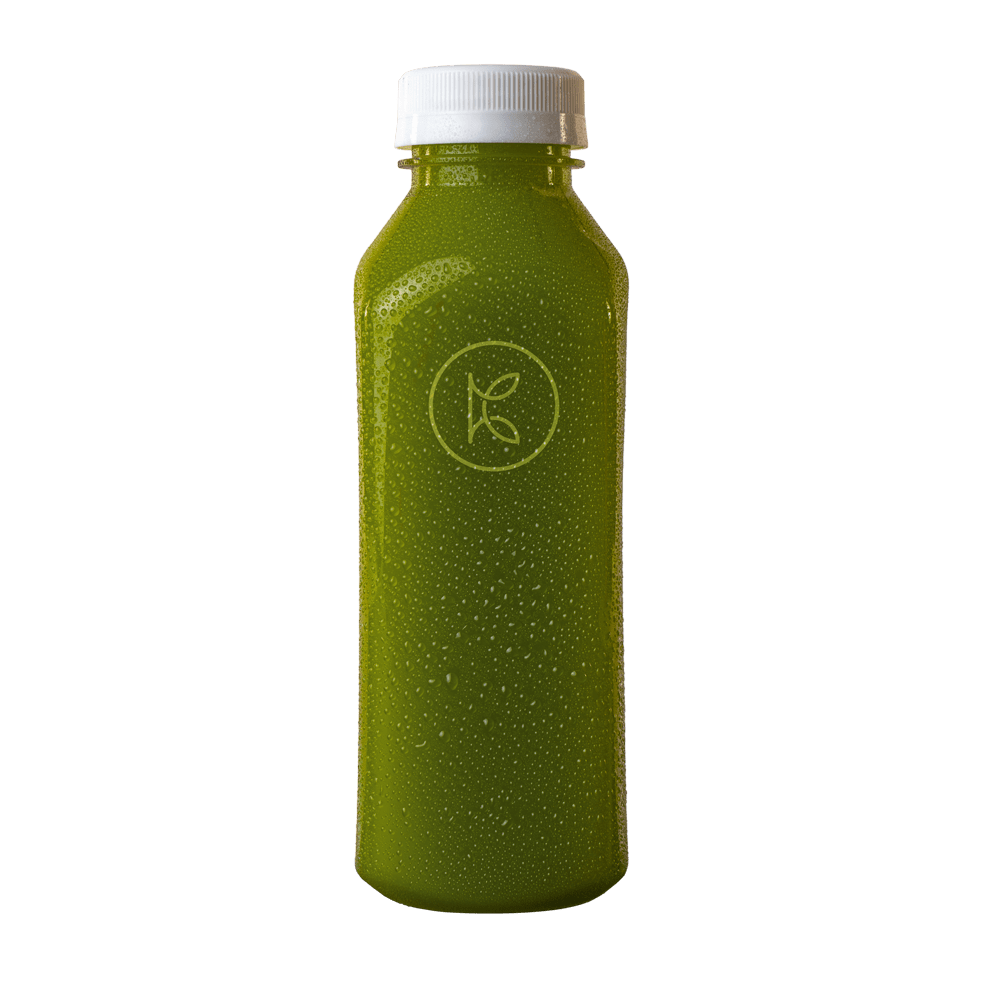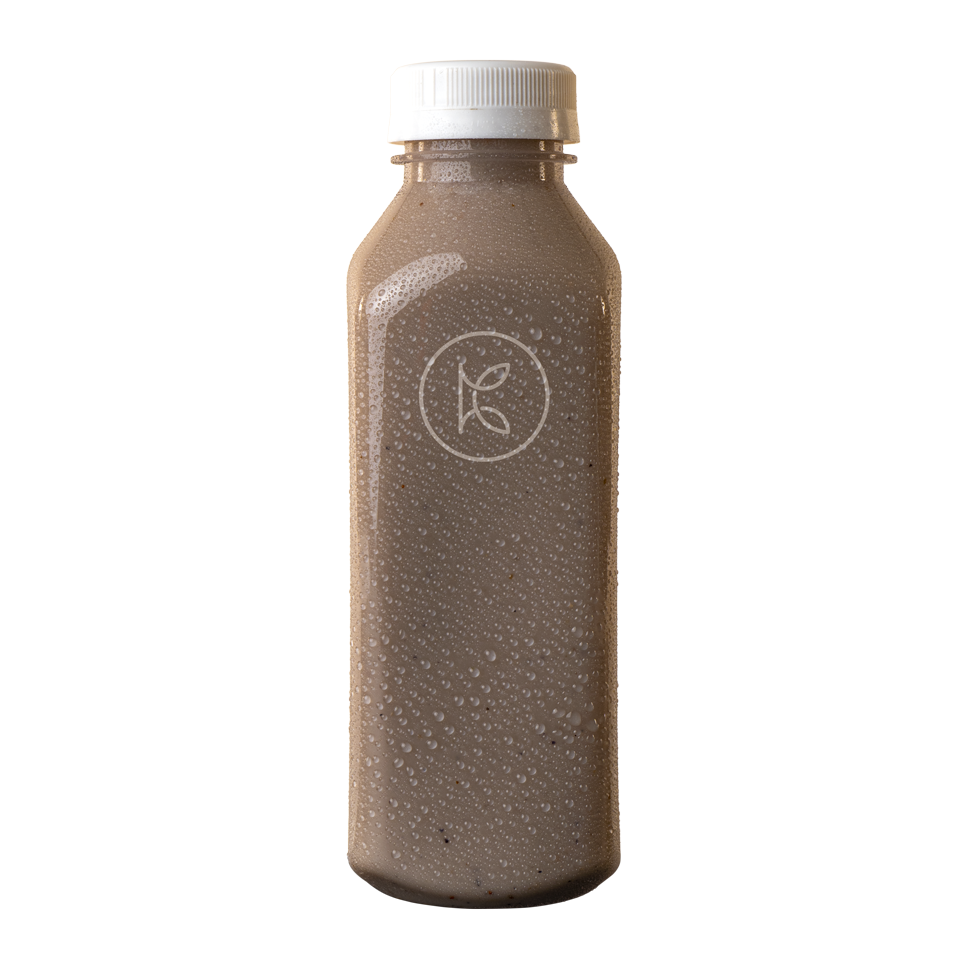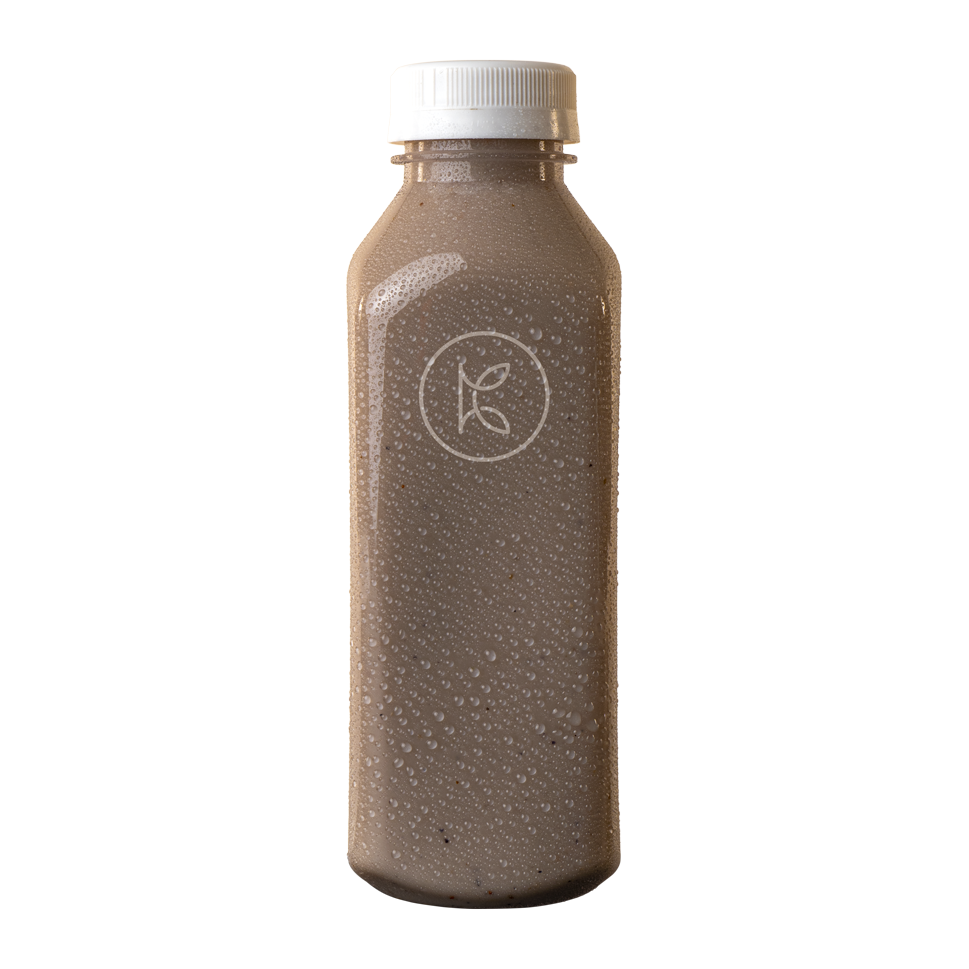Nowadays, strolling down the skin-care aisle is likely to make your stomach growl. Coconuts, blueberries, oatmeal, kale, avocados, papayas and even eggs have made their way into face creams and hand lotions. If there are foods that are good for your skin, why not just eat them? You’ll save money and benefit your overall health at the same time.
These seven delicious foods will give you a radiant glow from the inside out:
Greek Yogurt
For centuries, the Greeks have turned to this superfood in their search for the fountain of youth. It is an ancient cure for a number of ailments, and several of its properties benefit the skin.
Greek yogurt typically contains more than twice the protein of ordinary yogurt. Protein plays a key role in nourishing, repairing, strengthening and firming skin tissue.
The lactic acid in yogurt tightens pores and dissolves dead tissue for smoother skin. The vitamin B2, or riboflavin, hydrates and aids in cell regeneration. Yogurt is also rich in vitamin A, which combats acne, boosts collagen production and evens pigmentation. Greek yogurt has so much vitamin A that one serving a day might improve your skin’s appearance.
Fish
Many species of fish are rich in selenium, coenzyme Q10, and omega-3 and omega-6 fatty acids.
Selenium has shown promise in preventing skin cancer and fighting free radicals, the enemies of youthful skin. Your body makes coQ10, but levels decrease around age 30. CoQ10 is not only an antioxidant, but it boosts production of the beloved collagen and elastin that prevent sags and wrinkles. Omega-3s and omega-6s create the oil barrier that moisturizes your skin.
When you're eating for healthy skin, choose snapper, salmon, cod, barramundi, tuna, shrimp, sardines or mackerel.
Pomegranates
Pomegranates are highly prized for improving heart health and reducing the risk for several diseases, including prostate cancer.
Their polyphenol antioxidants make them excellent for skin. Polyphenols fight free radicals to give skin a rosy glow. Two of the tannins in pomegranates have shown promise in preventing skin cancer. A 2010 study indicated that the ellagic acid in the fruit interrupts skin aging and inflammation.
You can either drink the juice or scoop out the yummy seeds and sprinkle them on oatmeal, yogurt or salad. You can even grind the seeds and use them as exfoliants.
Colorful Fruits and Vegetables
The more colorful your food is, the more it may benefit your skin.
Antioxidants slow and prevent free radical damage, and one of the best antioxidants is vitamin C. Also called ascorbic acid, it may help prevent ultraviolet damage. The fat-soluble vitamin A is another powerful antioxidant.
To get vitamins A and C, tank up on berries, tangerines, apricots, beets, winter squash, broccoli, spinach, tomatoes and other bright foods. The carotenoids in yellow and orange foods, like carrots, sweet potatoes and peppers, decrease sensitivity to sunlight.
Seeds, Nuts and Olives
It’s no wonder that these foods are staples of the famously healthy Mediterranean diet.
Most seeds and nuts, such as sunflower seeds, pumpkin seeds, hazelnuts and almonds, are chock-full of vitamin E and high in essential fatty acids. These protect your skin from the sun and keep it soft and supple. Olives are another valuable source of vitamin E. Toss in avocados, and you're in business.
Sunflower oil and olive oil can be used topically for rough elbows and heels or chapped lips.
Legumes
Beans, lentils and other legumes keep cholesterol and blood pressure in check, and they're loaded with skin-healthy vitamin B6 and zinc.
In the battle against acne, some dermatologists find topical zinc remedies to be as effective as antibiotics; zinc kills acne-causing bacteria. Vitamin B6 is thought to correct hormonal imbalances that trigger both acne breakouts and premenstrual syndrome. If that’s true, expect a run on legumes.
Kidney beans are especially nutritious, but black beans, lima beans, navy beans, green peas, chickpeas and soybeans are all good for skin. If you buy canned products, be sure to thoroughly rinse the contents before eating.
Dark Chocolate
Happily, chocolate makes the list.
Cocoa is hydrating to the skin, and the flavanols it contains are potent antioxidants. Dr. Jessica Wu, a dermatologist in Los Angeles, recommends dark chocolate that’s at least 70 percent cocoa to improve luminosity. Just keep an eye on your hips.
Finally, be sure to drink plenty of water and green tea. Water helps your cells absorb nutrients, and green tea is a virtual powerhouse of antioxidants. It also helps prevent sunburns. As for what to avoid, processed or refined sugars, unhealthy fats and excessive alcohol work against you. In general, when you're eating for overall good health, you're eating for healthy skin.

